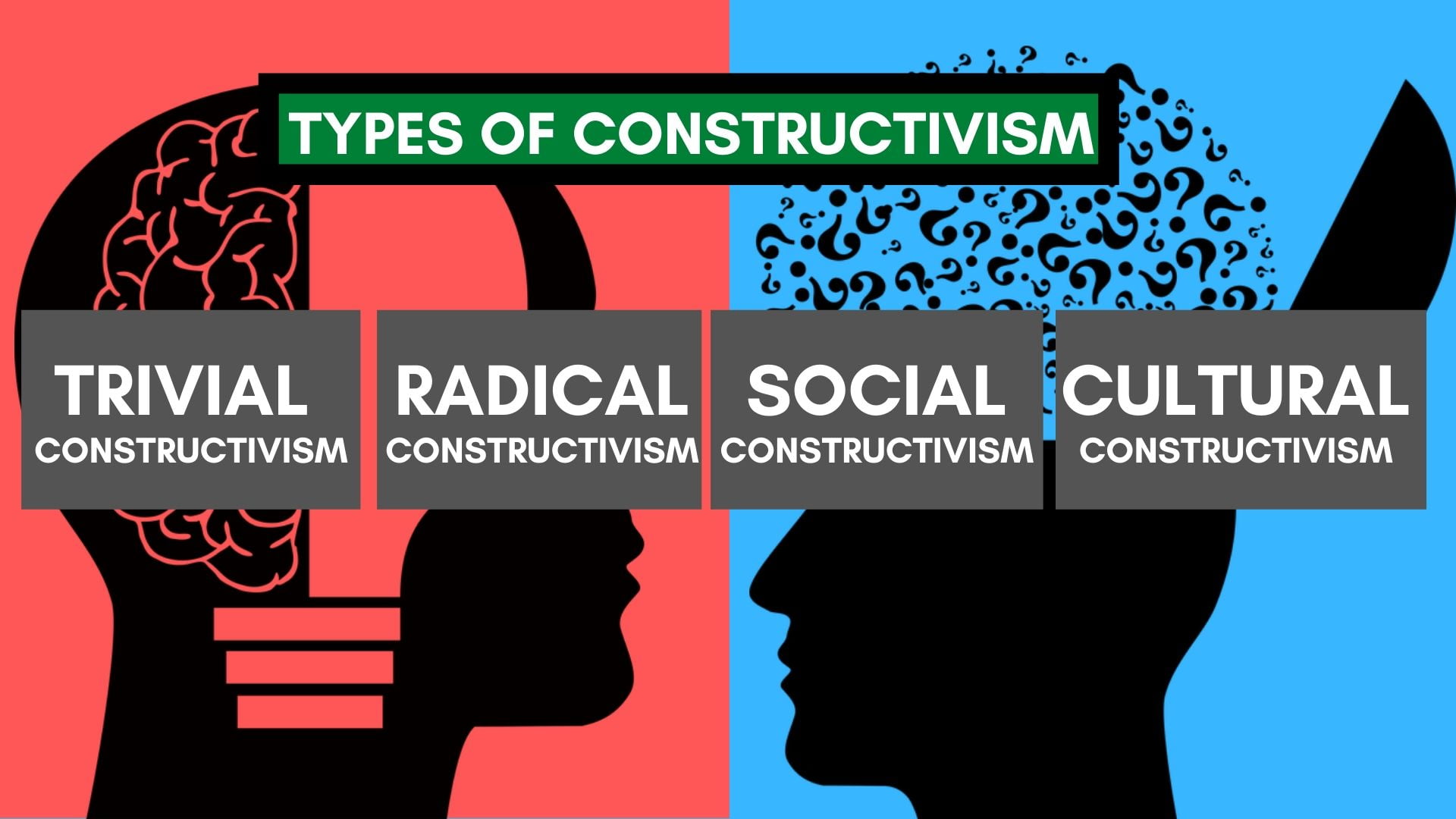Behaviorism — A theory of psychology which posits that only observable behavior can be used as basis for scientific conclusions and therefore measurable phenomena, typically conditioned responses to an external stimuli. It highlights the influence of external factors on behavior and downplays internal mental processes.
Key Concepts of Behaviorism
Classical Conditioning — This type of conditioning learns through association. Here, a neutral stimulus is paired with an unconditioned stimulus to elicit a conditioned response.
Classical Conditioning: Pavlov’s Dog Experiment — This is a famous case study of classical conditioning, where a dog was trained to salivate when it heard the ringing of a bell.
Operant Conditioning — Learning through reinforcement and punishment Behaviors that are reinforced will increase and behaviors which are punished, the opposite happens.
Skinner’s Box — A chamber designed to study operant conditioning in animals.
Implications for Education
The principles of behaviorism have been successfully implemented in the education context to hardwire students’ behavior and academic performance. Here in are some crucial applications:
Rewards: The use of positive reinforcement to increase the frequency of desired behaviors.
Negative Reinforcement: Shining a Light on the Averse
Punishment: Delivering unpleasant consequences to reduce the presence of an undesirable behavior.
Token Economies: Tokens are given for desired behavior and can be later exchanged for privileges or rewards.
Behavior modification:Sequence of methods to modify particular behaviorOversimplification:** Behaviorism can oversimplify human behavior for ignoring inner mental procedures.
Ethical Issues: Certain behaviorist strategies like punishment could raise ethical issues.
Behaviorism or human behavior though unlikely to be entirely captured by where and when conditioned responses occur.
Behaviorism’s Legacy
Behaviourism may have changed the way we think about learning and behaviour, but it also has its flaws. Integrating behaviorism with other theories allows an educator to create learning environments that incorporate elements of both behavioral and cognitive development.



